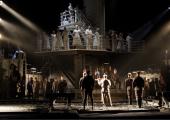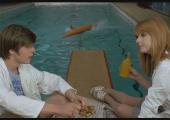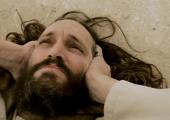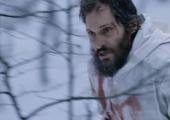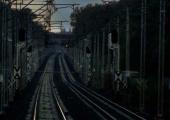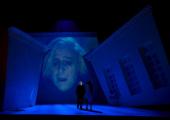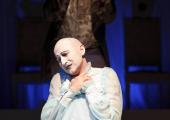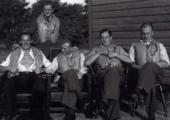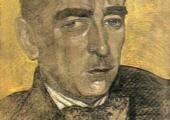Digging the Great Escape, Channel 4

Archaeo-doc excavates the real story of famous POW breakout
The archaeological documentary is becoming the obligatory format for tackling legendary tales of the British at war. Someone seems to recreate the Dam Busters raid every six months, the wrecks of battleships HMS Hood and the Bismarck have been tracked down in the ocean depths, and Time Team have excavated various subterranean artefacts from the Western Front.

